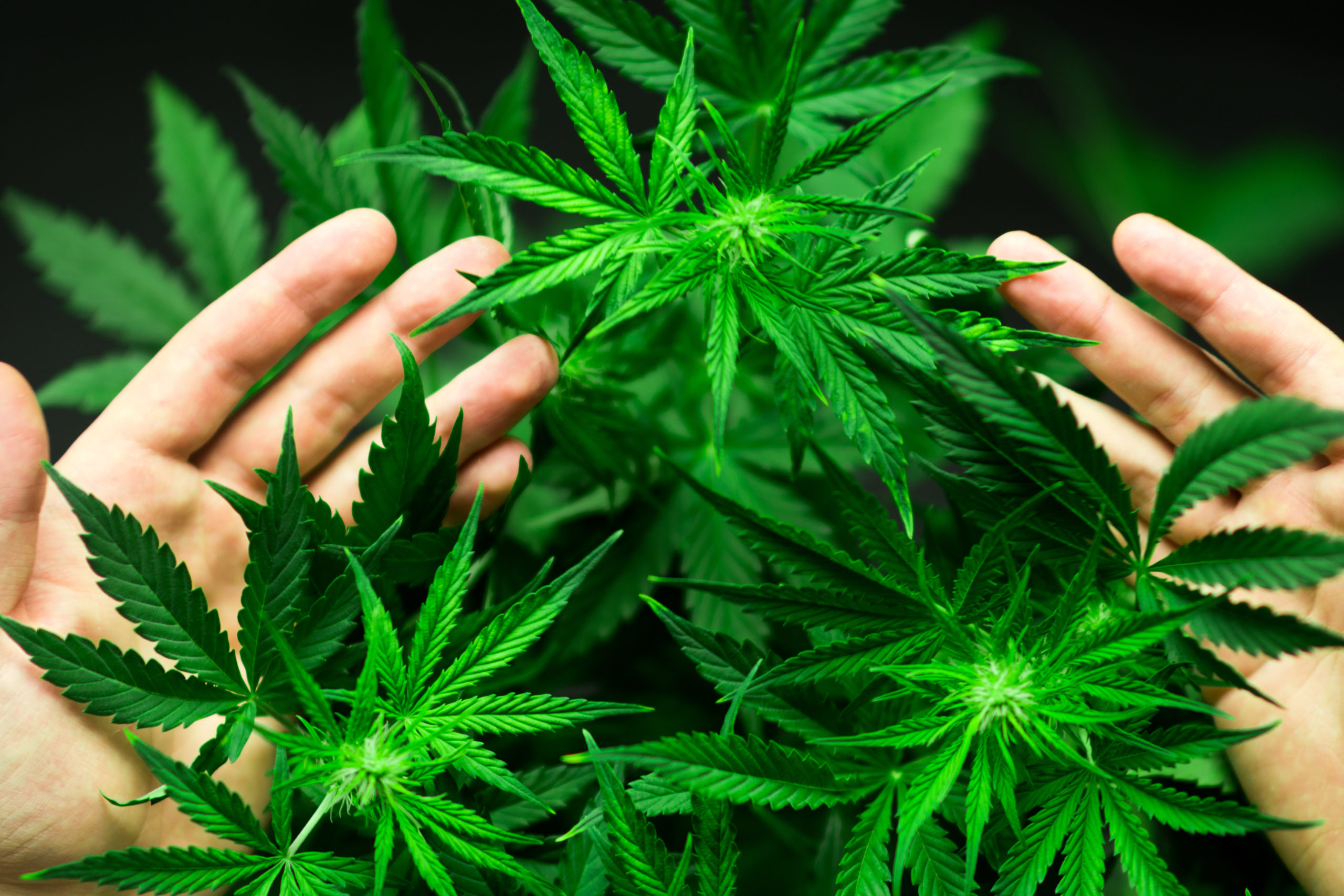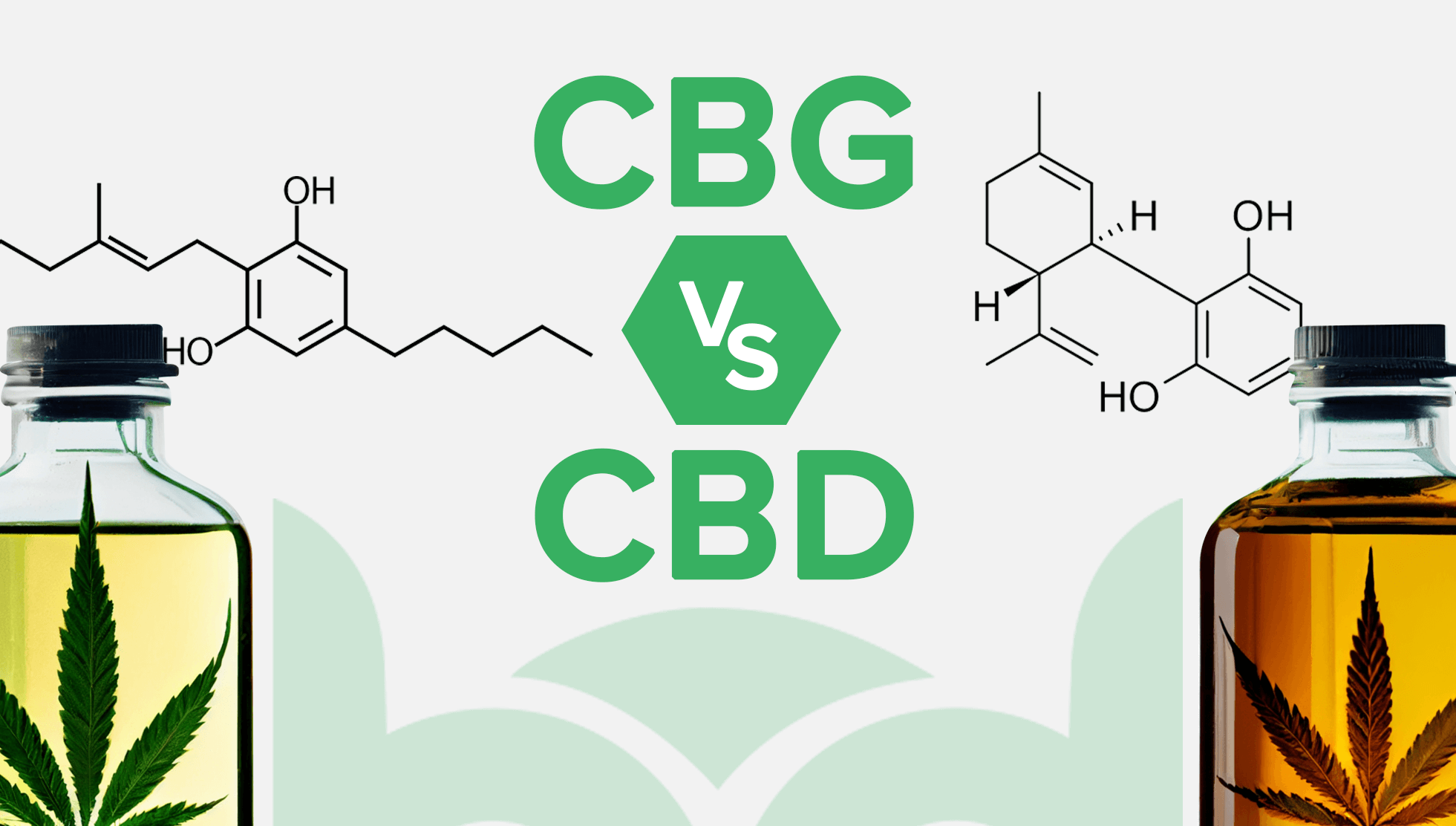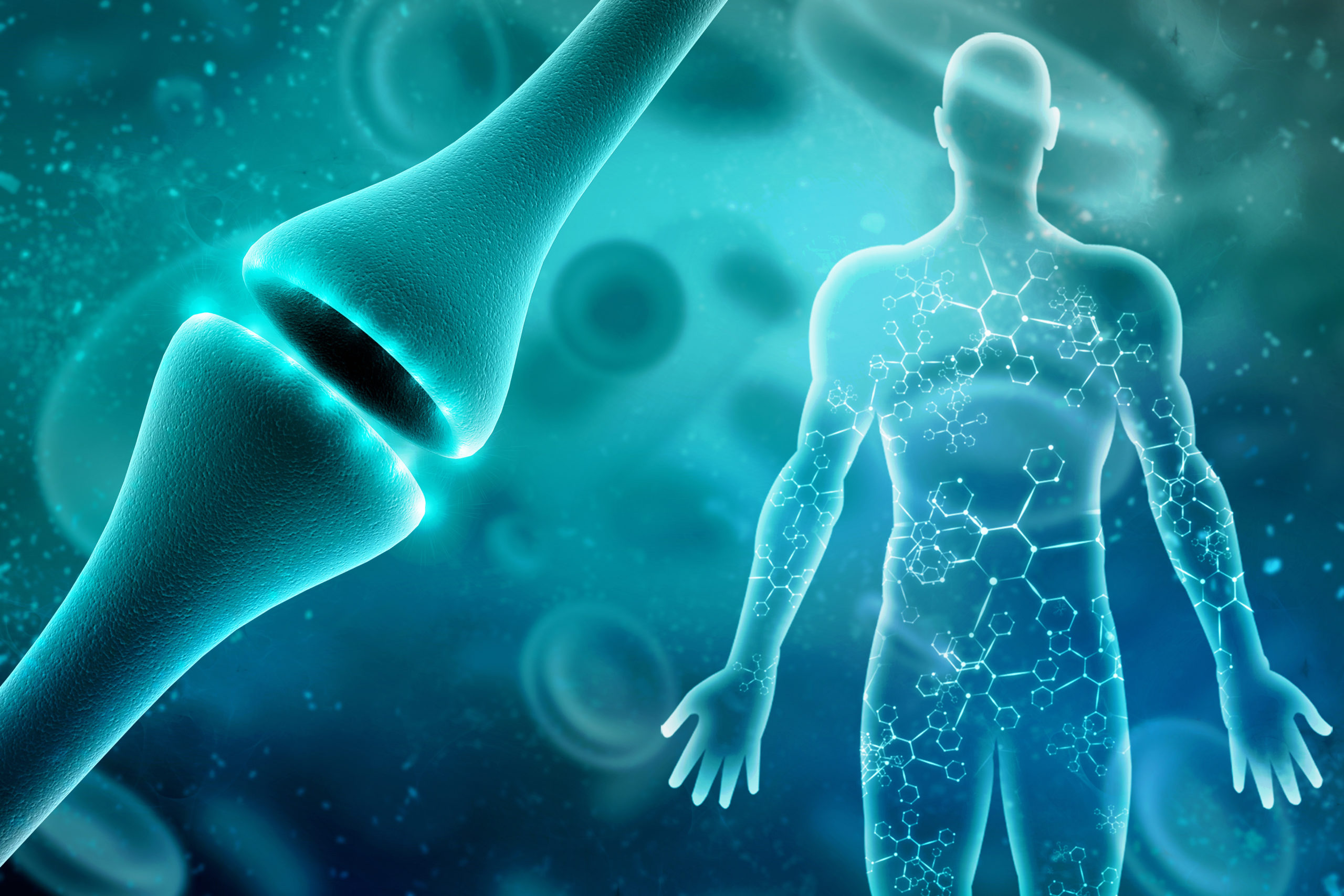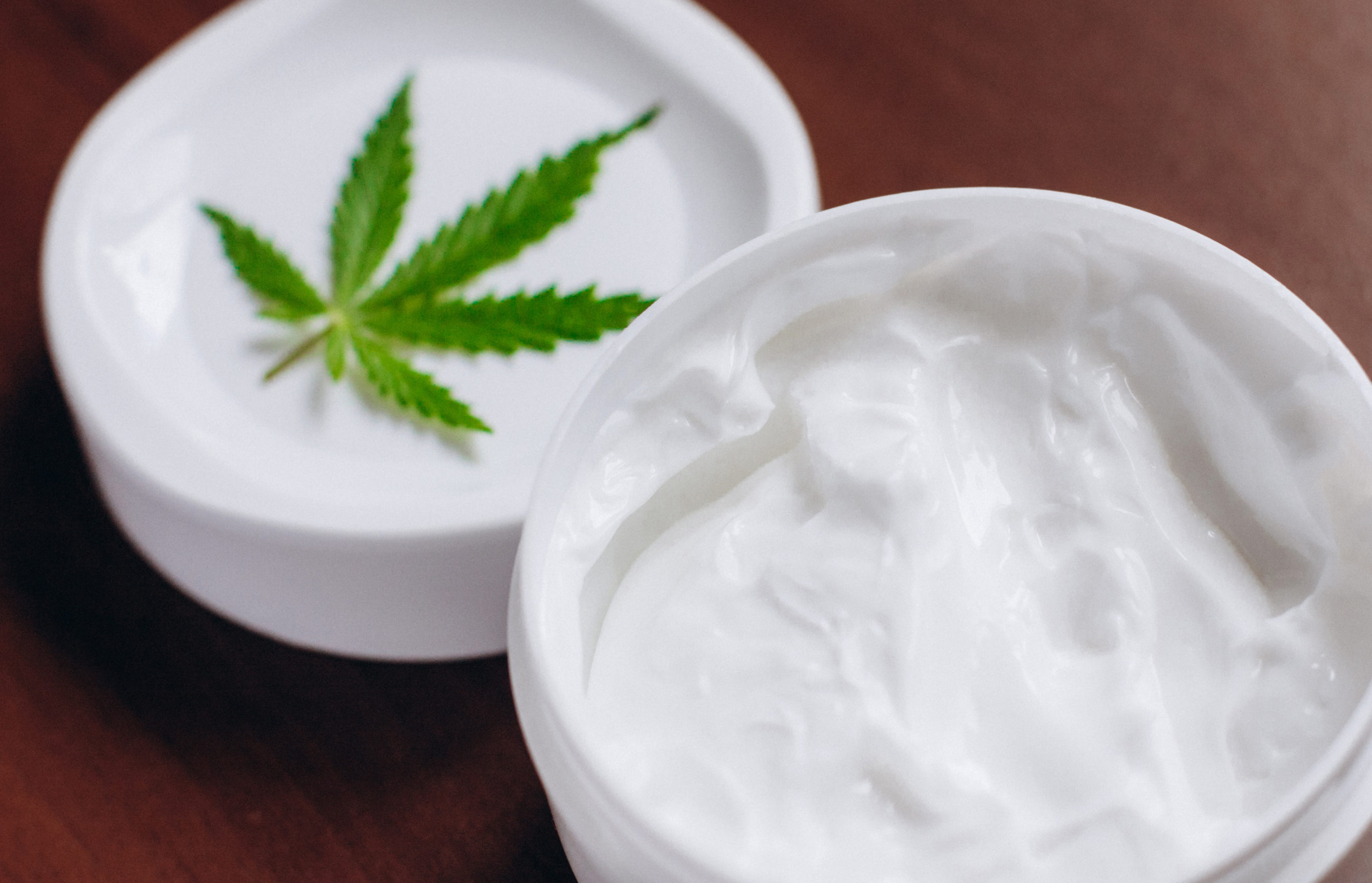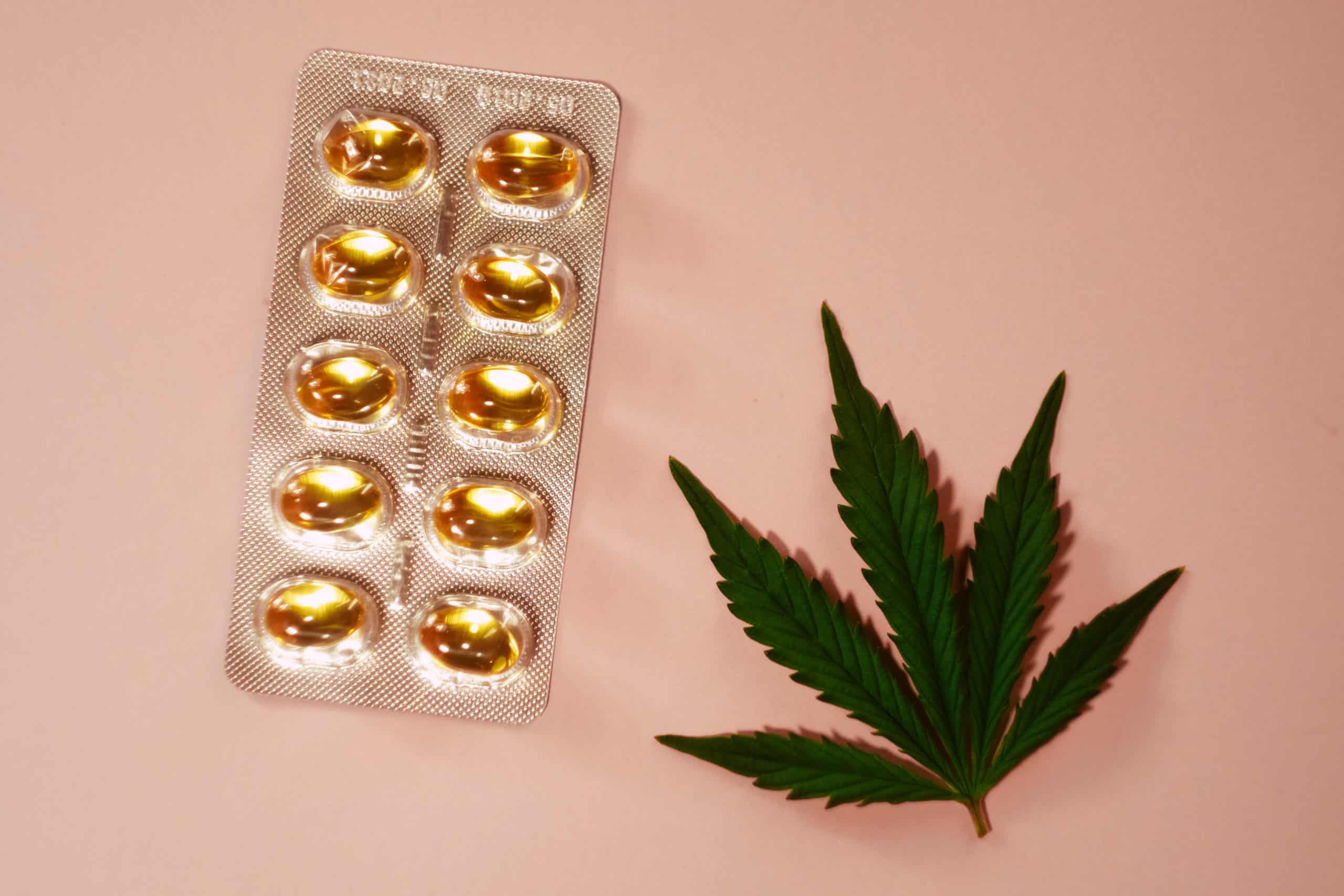-
- Market Research
- |
- CBD Near Me
- |
- Giveaways
- |
- Newsletter
- |
- Contact
- |
- Advertise
- |

CBD is quickly becoming a household staple for people around the world. Researchers are working at lightning speed to unravel the potential benefits of this naturally occurring cannabinoid. There are not only exciting but revolutionary clinical trials currently underway. We decided to take a look at some of these studies.
Why Are so Many CBD Studies Underway?
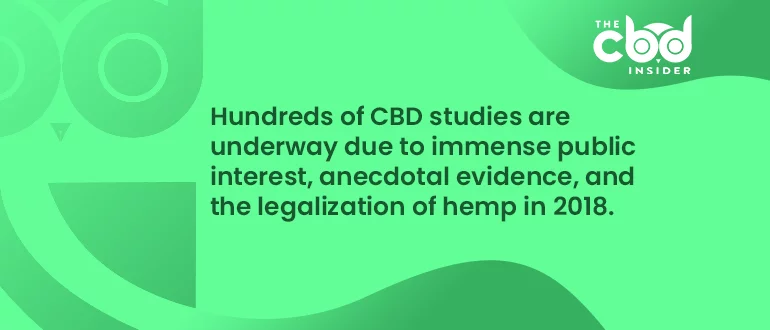
With over 300 CBD-based clinical trials underway worldwide, you may find yourself questioning the reason behind the influx of interest. Although the amount of anecdotal evidence behind CBD is impressive, researchers must rely on more than hearsay to justify a clinical study.
One of the justifications behind many CBD studies is that, until recently, there was little public interest in understanding this specific cannabinoid. There is nobody to blame for this oversight as it was simply a matter of researchers not being aware of CBD’s potential benefits.
CBD was discovered in 1940 by Dr. Roger Adams. Twenty-four years later, it was isolated by Dr. Raphael Mechoulam. Understanding the stereochemistry (structure of atoms) of CBD paved the way for scientists to begin in-depth research.
Following Dr. Mechoulam’s isolation of CBD, over five decades would pass with minimal research. It wasn’t until the early 2000s that the potential health benefits of CBD and other cannabinoids began to pique the interest of researchers.
The growing list of potential health benefits wasn’t the only trigger for the increased interest in exploring CBD’s mysteries. With 33 states legalizing some form of cannabis over the past two decades and the passing of the 2018 Farm Bill, numerous regulatory hurdles that once blocked publicly-funded labs from researching cannabinoids were removed. These changes have proven to be the green light for researchers worldwide, resulting in the exponential growth of CBD-based clinical trials.
Current CBD Studies
We have sorted through the entire database of CBD-based clinical trials provided by the US National Library of Medicine to highlight some of the more impactful, interesting, and revolutionary studies currently underway.
CBD for the Reduction of NeuroInflammation in Chronic Back Pain
According to the ACA, roughly 31 million Americans suffer from low back pain. Previous research has concluded that individuals suffering from low back pain have an elevated level of activated glial cells. Glial cells are associated with the immune system and reside in the brain and spinal cord.
In this clinical trial sponsored by the Massachusetts General Hospital, scientists studied a group of 20 individuals aged 18-75 who experienced chronic low back pain for at least six months.
Researchers used magnetic resonance-positron emission tomography (MR-PET) to take images of the brain and spinal cord of participants both before and after administering CBD. MR-PET imaging allows researchers to track the activation of glial cells.
It is hypothesized that exposure to CBD may reduce the activation of glial cells, resulting in reduced low back pain. The estimated completion date of this four-week interventional study was June 2020. This means that if researchers have remained on schedule, the patient-involved portion of the study is complete, and the data is now being analyzed.
CBD for Anxiety in Advanced Breast Cancer

One in eight women in the US will develop breast cancer based on data from the American Cancer Society. As if the risk alone of developing breast cancer isn’t worrisome enough, those with advanced or late-stage breast cancer are almost certain to deal with anxiety.
A randomized, double-blind phase II study sponsored by the Dana-Farber Cancer Institute looks to provide evidence of CBD’s potential in alleviating anxiety in advanced breast cancer patients. More specifically, the researchers are interested in anticipatory anxiety a breast cancer patient may experience prior to CT scans that assess the progression of tumors.
This study, which began September 18, 2020, will enroll 50 individuals over the age of 21 who have been diagnosed with Stage IV or metastatic breast cancer. Participants must exhibit at least mild anxiety prior to oncologic scans.
Non-placebo participants will receive an oral dose of CBD before their CT scan. Those receiving the placebo will be provided with an oral dose of flavored corn syrup.
On days that participants undergo CT scans, they will complete questionnaires both before and after the scan is completed. Additionally, participants will complete a phone interview with researchers a week after each CT scan.
This study, which has an estimated completion date of February 18, 2024, will hopefully solidify CBD’s potential for anticipatory anxiety relief. Not only would this be monumental for those who experience anticipatory anxiety during CT scans, but the results could also open the door to CBD treating other forms of anxiety as well.
CBD Oil in the Treatment of Post-traumatic Stress Disorder (PTSD)
The US Department of Veteran Affairs estimates that roughly 10% of women and 4% of men will develop post-traumatic stress disorder (PTSD) at some point in their life. PTSD is commonly (and incorrectly) thought of as a condition that only manifests in military personnel; rather, PTSD can affect anyone who has experienced a traumatic event.
The staggering number of Americans battling PTSD likely played a role in the University of Texas at Austin developing a rigorous, double-blind, randomized clinical trial intended to assess CBD’s treatment potential in patients diagnosed with PTSD.
This study, which began on January 15, 2020, consists of 120 participants between the age of 18-70 years old who have been clinically diagnosed with PTSD as their primary mental disorder.
Participants will undergo an eight-week self-administration of CBD oil or placebo oil. Non-placebo participants will take a pre-measured, fixed dose of 300mg of hemp-derived, 99.9% pure CBD each night.
During the eight-week treatment, along with a one-month and three-month follow-up appointment, participants will be required to complete numerous assessment surveys. Researchers predict that “patients receiving CBD monotherapy will show significantly greater improvements in PTSD symptoms [than those receiving the placebo].”
The estimated date of completion for this study is May 2023. Positive results from this clinical trial would likely prove to be a game-changer for individuals who struggle with the mental anguish that PTSD is known for.
CBD for Opioid Withdrawal
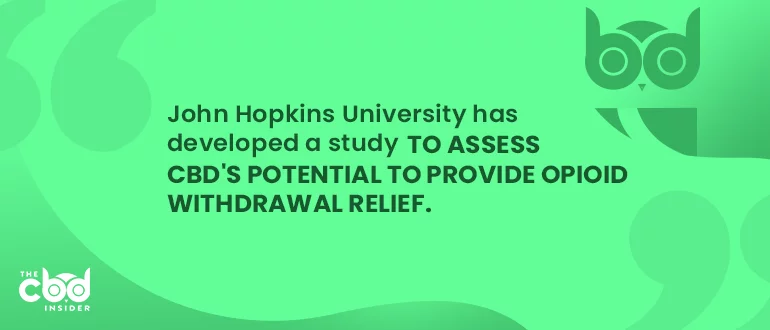
The CDC reports that 128 people die each day from an opioid overdose. As of 2013, the US has entered what is considered the third wave of opioid overdose deaths. This third wave has already proven to be the costliest wave yet, in terms of lives lost. Over 2.5 times the number of lives lost have been documented in the current wave, compared to the peak of previous waves in 2010 and 2015.
In an attempt to reduce opioid withdrawal, which can be fatal, researchers at Johns Hopkins University have developed a study intended to assess CBD’s potential in providing opioid withdrawal relief.
This randomized, placebo-controlled evaluation is slated to begin on November 1, 2020. Researchers will select 50 participants between the ages of 18-75 years old. The study will require participants be subjected to spontaneous opiate withdrawal, during which they will receive either CBD (Epidiolex) or a placebo.
This is a phase 1 pilot study, which means that the findings of the study “may be used to support an R01 grant application to more closely examine this hypothesis.” [11] Researchers will monitor changes in withdrawal severity using the Subjective Opiate Withdrawal Scale (SOWS).
The final data collection date is estimated to be June 30, 2021. After the data is collected, the results will be analyzed to determine if there is enough evidence to warrant an application for a R01 research project grant from the National Institute of Health (NIH).
Considering the number of people negatively impacted by opioids, we’re enthusiastic about the potential relief CBD may provide from withdrawal symptoms. However, you shouldn’t expect to hear much in terms of the results from this study anytime soon. Pilot studies are essentially scaled-down versions of larger studies, intended to provide enough justification to thoroughly explore a subject in the future.
Other Interesting CBD-Based Studies
It would be impossible for us to discuss the hundreds of CBD-based clinical trials currently underway. Instead, we’ve put together a list of other CBD studies that caught our attention:
- Effects of Cannabis [and CBD] on Cognition in Bipolar Disorder
- Evaluation of [CBD] With Potential Use in Schizophrenia
- CBD for Prevention of Chemotherapy-induced Peripheral Neuropathy
- Trial of [CBD] to Treat Severe Behavior Problems in Children with Autism
- [CBD] Pharmacotherapy for Adults with Cannabis Use Disorder
- [CBD] and Cocaine Craving/Dependence
- [CBD] for Behavioral Symptoms in Older Adults with Alzheimer’s Dementia
- [CBD] for Traumatic Brain Injury
- [CBD] for COVID-19 Patients with Mild to Moderate Symptoms
- [CBD] Patches for Knee Osteoarthritis
- CBD’s Interaction with Oral Contraceptive Pills
Conclusion
We’ve merely scratched the surface in terms of the hundreds of CBD-based studies currently or soon-to-be underway. The data gathered from each study is valuable in its own way. Without researchers, labs, participants, and sponsors, CBD research would be impossible.
We suggest taking a look at the full list of CBD-based clinical trials. You may even find that you would be a great candidate for one.
If CBD research is a topic that interests you or if you simply want a concise source for the latest CBD news and product reviews, we recommend signing up for our free CBD Insider newsletter.


